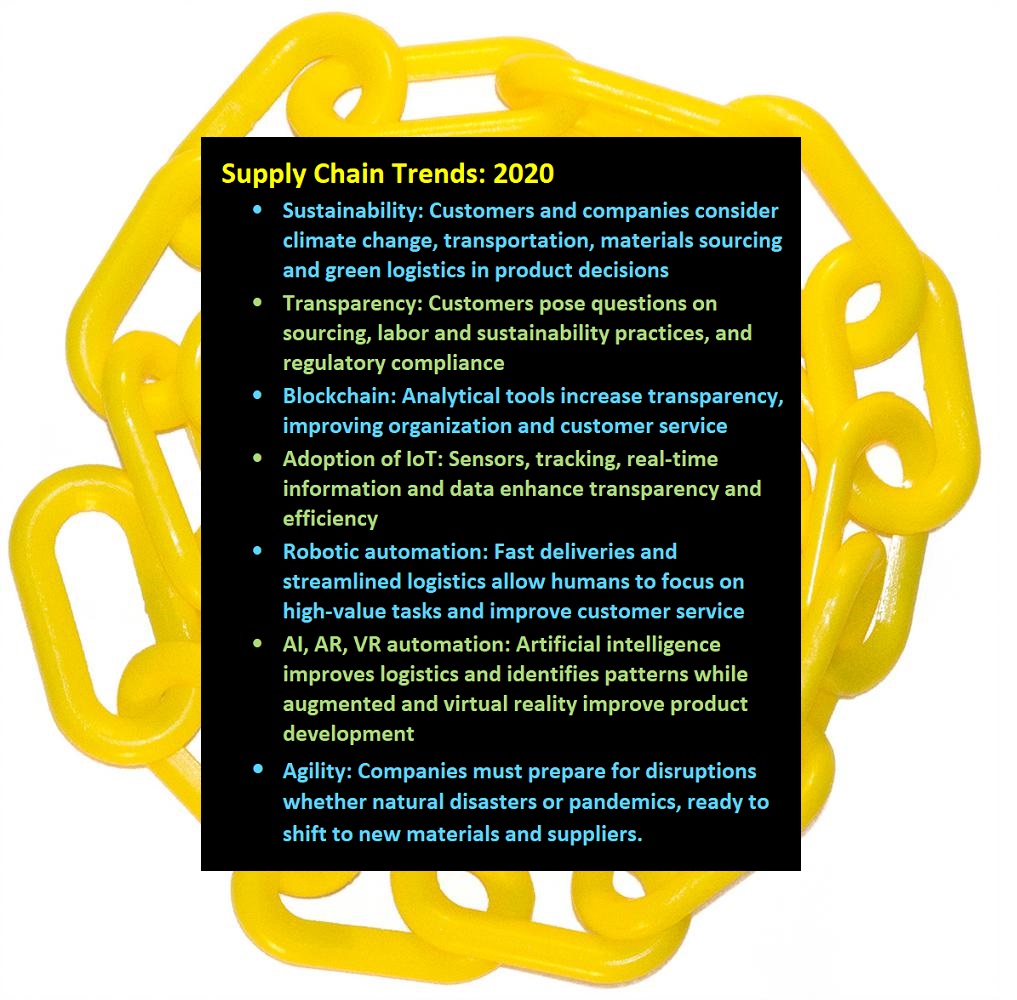Breaking Globalization Easier Said Than Done: DW
Equipment, whether routine appliances or life-saving ventilators, is manufactured with supply strains stretching over multiple countries. Mathilda Jordanova-Duda, writing for Deutsche Welle, describes how the Covid-19 pandemic prompted Boge, a German air-compressor business, to reassess its supply chains, including motors from Asia, piping from Eastern Europe, cooling systems from China and other components from Italy. Customers suggest they are willing to pay more for reliability, and Boge is planning for more diversification and reconsidering dependence on one region or limited foreign suppliers. One professor of industrial economics points out Asia’s cost advantages have declined due to transition costs, quality control, logistics, government fees, higher communication needs as well as costs of environmental destruction and human-rights violations. Companies invest in new technologies like artificial intelligence to assess supply chains. The German Research Center for Artificial Intelligence, a corporate alliance, launched a project called “Spaicer” to analyze supply chains for commodity prices, political developments and climate change. Establishing a reliable and high-quality supply chain takes at least two years. – YaleGlobal
Breaking Globalization Easier Said Than Done: DW
Globalized supply chains prove fragile during the Covid-19 pandemic – companies increasingly assess risks of globalization and prioritize safe supply
Saturday, May 30, 2020
Read the article from Deutsche Welle about manufacturers reassessing supply chains.

Deutsche Welle
© 2020 Deutsche Welle